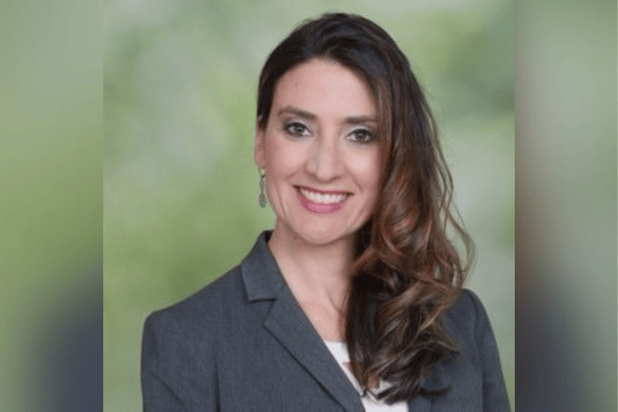

Thanksgiving and Christmas are just around the corner, which means brokers must be extra vigilant about helping high-net-worth (HNW) clients safeguard their homes and assets.
According to Diane Delaney (pictured), executive director of the Private Risk Management Association, the most significant holiday risks generally stem from travel, gifts, and entertaining. PRMA is a non-profit organization that educates brokers and financial advisors to serve HNW insureds better.
Extensive travel during the holidays means more homes are unattended, making them vulnerable to theft or damage. Gift-giving is a traditional highlight of the holidays, but expensive and uninsured items in the home can also leave HNW clients exposed. “We also expect more entertaining and hosting to happen this year, especially with the two-year lag from the pandemic,” Delaney added.
Regarding holiday travel, social media can pose significant home security risks. “Some clients post play-by-plays of their trip on social media – where they’re going and what they’re doing there. This behavior is an open advertisement for others that their home is unattended,” Delaney explained.
Brokers should educate HNW homeowners to be cautious about their social media use while on holiday and to think about how they use the platforms and who sees their posts.
Apart from theft risks, winter weather can wreak havoc on vacant homes. “Catastrophes aside, water claims remain the largest source of loss for clients. Pipe bursts become a major concern in cold weather regions through November and December,” Delaney said.
If clients leave their homes for an extended period, brokers should remind them to shut off the water or to have someone come in and check the house regularly. Installing leak detection sensors can help quickly detect pipe bursts.
“A burst pipe in the home left for 30 minutes could lead to as much $100,000 in damage and three months’ worth of repairs,” Delaney pointed out. “Nobody wants to return from vacation and start the new year moving into a hotel with children and pets because of water damage in their home.”
Brokers should also encourage HNW insureds to inventory their homes to keep track of items in the event of a loss. “We saw a lot of renovations happen during the pandemic. People purchased many new items for their homes but haven’t taken an inventory,” Delaney said. “For newer, more expensive items, it’s important to have pictures on hand because if the home is burglarized or a loss occurs, it makes things easier from a claims standpoint for your carrier to know what needs to be replaced.”
Ensuring clients have enough insurance coverage is also key to mitigating holiday risks. Valuable items often aren’t covered by a home insurance policy, for instance. “The homeowners’ policy only covers a certain amount. High-end jewelry or art pieces are not covered most of the time, which is why we encourage clients to seek out a valuable articles policy,” noted Delaney.
Holiday get-togethers, whether they’re more intimate family occasions or big and glamorous New Year bashes, create a multitude of exposures for HNW homeowners. Party planning should include measures to prevent fires, theft, accidents, and alcohol liability.
“Hiring a bartender or another external service at an event can help monitor guests’ alcohol intake,” Delaney noted. “Hosts should also think about arranging car services after their party. If anyone needs to go home after they have been drinking, having the extra help such as drivers or Ubers lined up for guests is a good idea.”
Protective measures for inside and outside the home are also highly advised. “For many HNW families, there are some areas of the house that guests shouldn’t access. For example, unsecured or unlocked wine cellars could lead to lost wine bottles,” Delaney said. She added that expensive wine bottles are among the most common items to go missing from HNW clients’ homes, aside from jewelry and other valuables.
Keeping areas well lit, if HNW hosts are entertaining indoors and outdoors, can help prevent guests from getting hurt from slips and falls. From a liability standpoint, brokers should also encourage their HNW clients to ask questions about the services they’re hiring.
“Background checks are critical for staff you’re bringing in, but vendors should also have workers’ compensation insurance to ensure they have coverage in case any individual gets hurt on your property,” Delaney said.
